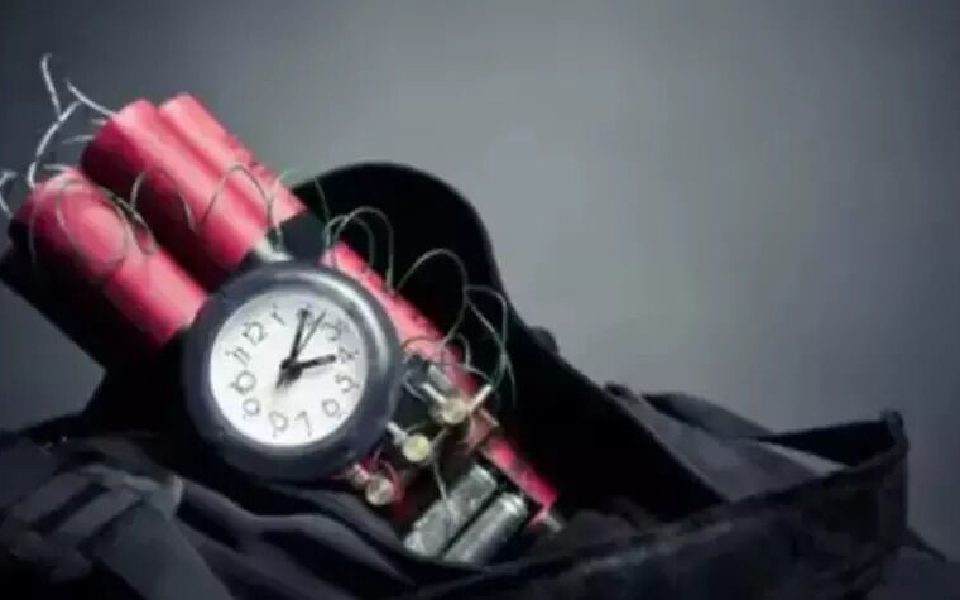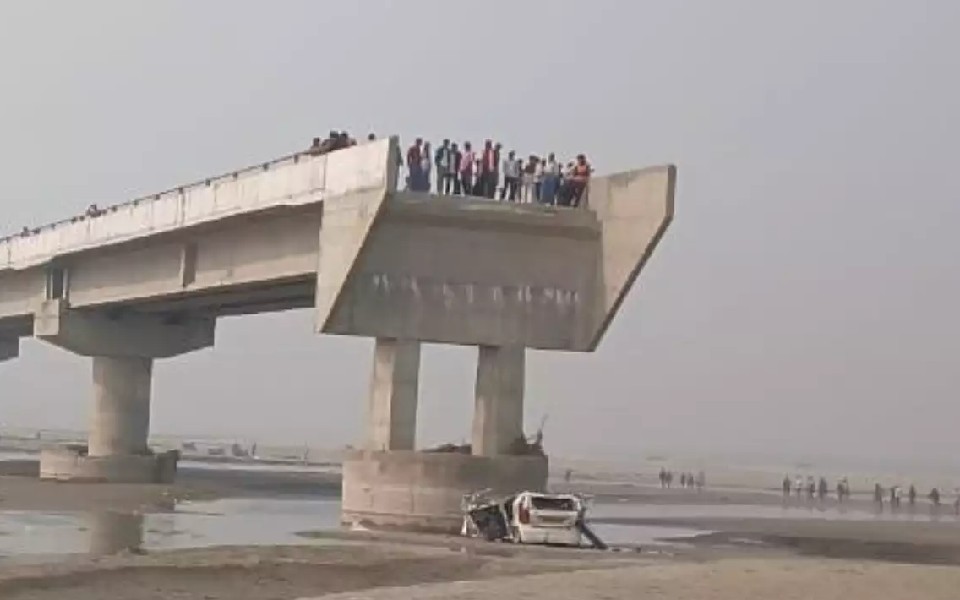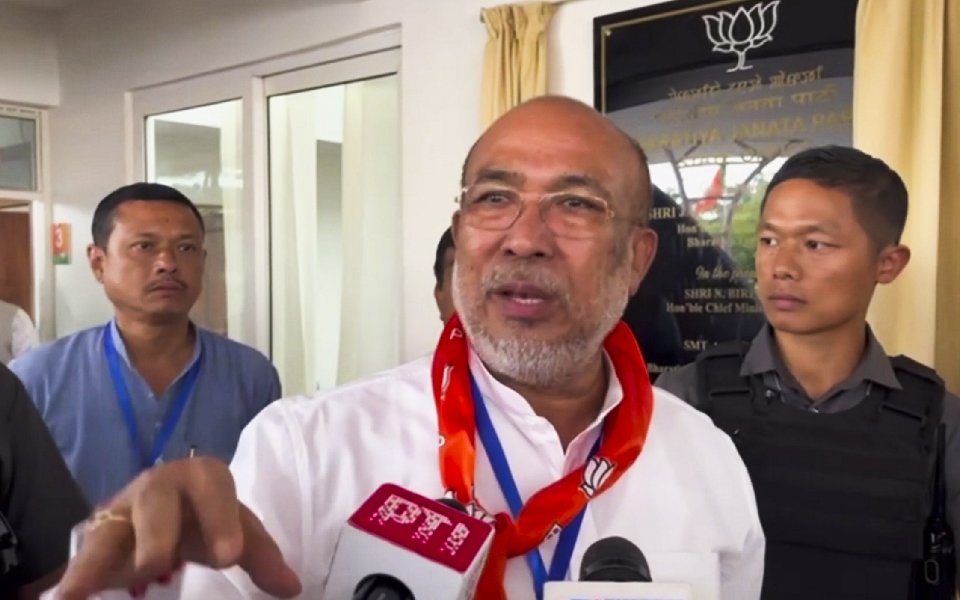Kolkata, Nov 10: Security personnel at Kolkata airport were placed on high alert on Sunday after they received information from a passenger who suspected that a bomb could be planted on a private airline plane.
According to sources at the airport, the passenger told CISF and IndiGo staff that he suspected that a bomb might be planted on Kolkata-Chennai IndiGo flight 6E 892.
The passenger, seated near gate number 18 at the airport, suspected that a bomb was ticking inside a bag, an Airports Authority of India (AAI) spokesperson said and added that it was later discovered that the bag actually belonged to a woman employee of IndiGo.
"The security personnel acted as per protocol, and the passenger’s claim was found to be a hoax," the spokesperson confirmed.
"There was no bomb in the woman's bag," the spokesperson said and added, "The passenger, who was supposed to take the same airline’s flight 6E-6173 to Agartala, was detained by the CISF for giving false information."
The CISF will conduct a medical examination of the passenger before handing him over to Netaji Subhas Chandra Bose airport police station, the AAI spokesperson said.
Let the Truth be known. If you read VB and like VB, please be a VB Supporter and Help us deliver the Truth to one and all.
Bareilly (UP), Nov 24: Three people died when their car fell into the Ramganga river from a partially constructed bridge here on Sunday, police said, adding that they suspect the driver was misled by its navigation system into taking the unsafe route.
The accident occurred around 10 am on the Khalpur-Dataganj road when the victims were travelling from Bareilly to Dataganj in the Badaun district, they said.
"Earlier this year, floods had caused the front portion of the bridge to collapse into the river, but this change had not been updated in the system," Circle Officer Ashutosh Shivam said.
The driver was using a navigation system and did not realise that the bridge was unsafe, driving the car off the damaged section, the police said.
There were no safety barriers or warning signs on the approach to the damaged bridge, leading to the fatal accident, Shivam said.
Upon receiving information, police teams from Faridpur, Bareilly and Dataganj police station rushed to the spot. They recovered the vehicle and the bodies from the river, Shivam added.
The circle officer said that bodies had been sent for post-mortem. Further investigation into the matter is underway.
— Bareilly Police (@bareillypolice) November 24, 2024





